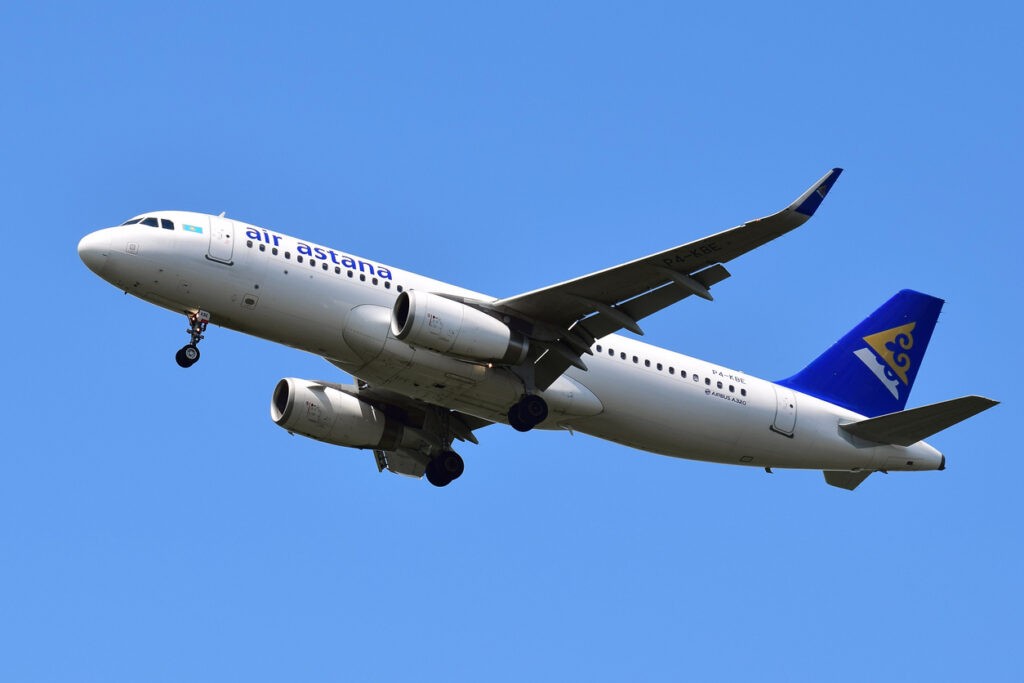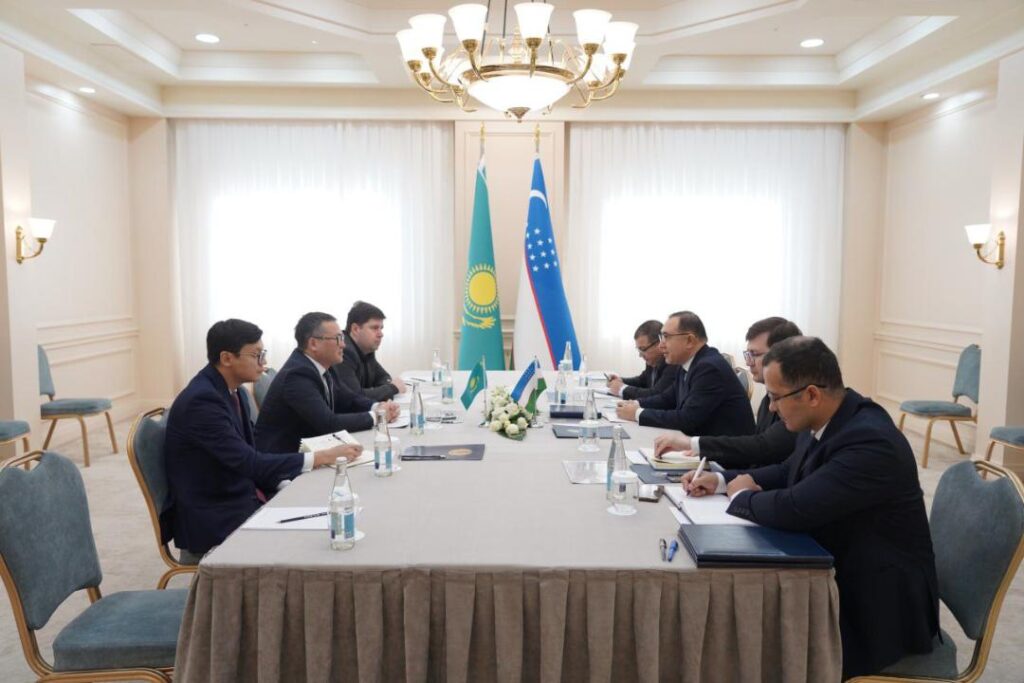Kazakh MP Zhanbyrshin Criticizes Air Astana
Kazakh MP Yedil Zhanbyrshin has voiced strong criticism of Air Astana, calling for more Kazakh-language content on its flights and denouncing the airline’s complex refund and compensation processes. Zhanbyrshin directed his remarks at Air Astana CEO Peter Foster, emphasizing the need for the airline to prioritize the Kazakh language, particularly for flights operating within Kazakhstan. “We have repeatedly raised this issue, and it is time to bring the situation in line with the country’s laws. Onboard content is predominantly presented in another language, with Kazakh rarely used. Why is the state language not given priority?” the MP stressed. He further reminded the airline of its obligation to comply with national laws and uphold citizens’ rights. “Mr. Foster, when you first came to Parliament, you were asked only a couple of questions. Working here, you must protect the rights of Kazakhstanis, honor and respect the country’s laws, and create appropriate conditions. Don’t laugh! It’s not funny. You are sitting here, treating us as if we are not people. We are not aborigines in Africa [sic] who don’t understand anything. Don’t play with us, laughing in our faces. This is Parliament! We are representatives of the people, elected by the people,” Zhanbyrshin declared. Zhanbyrshin also criticized the airline’s refund policies, describing them as excessively convoluted. He recounted his personal experience of trying unsuccessfully for five months to secure compensation for a 12-hour flight delay. “It is almost impossible for an ordinary person to navigate the application process and find the necessary information on the website. This is a deliberately complicated process,” he said. He urged other airlines, including SCAT, to simplify their procedures. Zhanbyrshin’s comments follow another controversy involving Air Astana. In November, MP Irina Smirnova sued the airline after her flight was rescheduled at only seven hours' notice. Smirnova sought moral compensation of one tenge for the inconvenience but lost the case. She has since announced plans to appeal.
1 month ago






